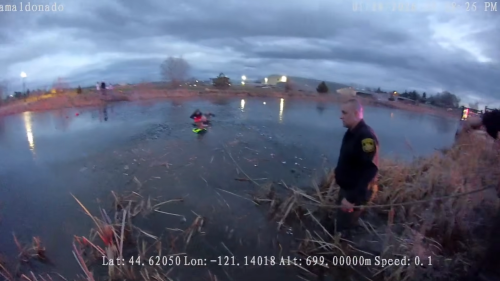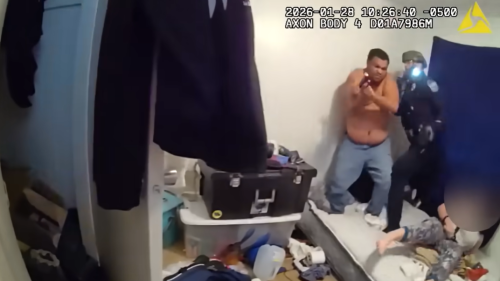By Sam Charles
Chicago Tribune
CHICAGO — The first draft of the Chicago Police Department’s future policy regulating traffic stops was unveiled Thursday.
And though officers would not be barred from conducting “lawful pretextual traffic stops,” CPD’s draft stressed that those stops “must strike a balance between identifying those engaged in criminal conduct and the community’s sense of fairness.”
Implementing any new directive is likely still months away, at the earliest, as the policy’s specifics are not yet fully established and members of the public will have more chances to weigh in.
“Where we are right now, it’s not 100% written in stone,” police Superintendent Larry Snelling said in an interview with the Tribune this week. “But the one thing we wanted to address with our policy is to make sure that when our officers are out there making traffic stops that they are performing constitutionally, but at the same time we don’t want to take away an officer’s ability to get to the bottom of certain types of crime to make the streets a lot safer.”
After the language is hammered out, the draft will go to the Illinois attorney general’s office, which is expected to negotiate with city attorneys as to whether traffic stops should be added to the ongoing federal consent decree — a move called for by the consent decree monitoring team. The expansion of the consent decree would require approval from the judge overseeing the department’s reform efforts.
The Community Commission for Public Safety and Accountability agreed with much of the first draft, but most commission members said tougher restrictions for officers should be implemented.
“A majority of Commissioners think that certain traffic stops for vehicle equipment or license compliance violations do more harm than good and should therefore be prohibited, with some exceptions,” members wrote in response to the draft.
A majority of commissioners called for traffic stops to be barred if they are based solely on improperly affixed license plates, registration that expired less than a year earlier, and, during daytime hours, inoperable headlights, brake lights or turning signals.
For its part, CPD’s draft policy states, “The Department acknowledges that lawful Pretextual Traffic Stops can be perceived by some members of the community as negative, biased, or unlawful. Therefore, any such use of lawful Pretextual Traffic Stops as a law enforcement or crime prevention strategy must strike a balance between identifying those engaged in criminal conduct and the community’s sense of fairness.”
Chicago officers conduct hundreds of thousands of traffic stops every year, often recovering illegal guns and narcotics after pulling a person over for a more minor traffic violation.
A report issued this month by Impact For Equity found that the number of traffic stops initiated by CPD officers spiked after 2015. However, the report noted that thousands of stops were not properly documented as officers often failed to issue an “Investigatory Stop Receipt.”
The department’s newly submitted draft also mandates officers to provide stop receipts to motorists who are pulled over.
In 2023, the ACLU of Illinois filed a still-pending class-action lawsuit that, among other things, seeks to “prohibit CPD officers from conducting pretextual traffic stops (such as those with a primary goal of searching for contraband or engaging in alleged general deterrence of crime) or traffic stops for any reason other than enforcing moving violations that affect roadway safety.”
Before CPD’s draft was submitted and made public, CCPSA held a series of listening sessions across the city to solicit feedback from residents about what they wanted to see in the new policy. More than 2,500 residents shared their thoughts with the commission.
“What I heard from folks is that safety is paramount — safety of the community and safety of the officers who are conducting traffic stops,” CCPSA President Anthony Driver told the Tribune. “This is one of the most dangerous situations that an officer could be in, and they have to also keep in mind that we’re trying to keep community members safe.”
—
©2025 Chicago Tribune. Visit chicagotribune.com. Distributed by Tribune Content Agency, LLC.






